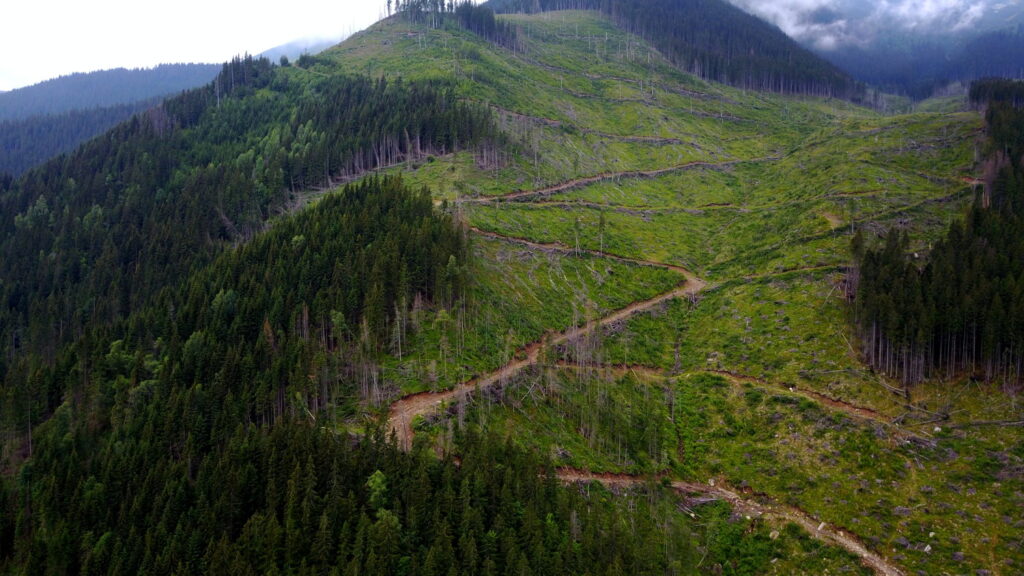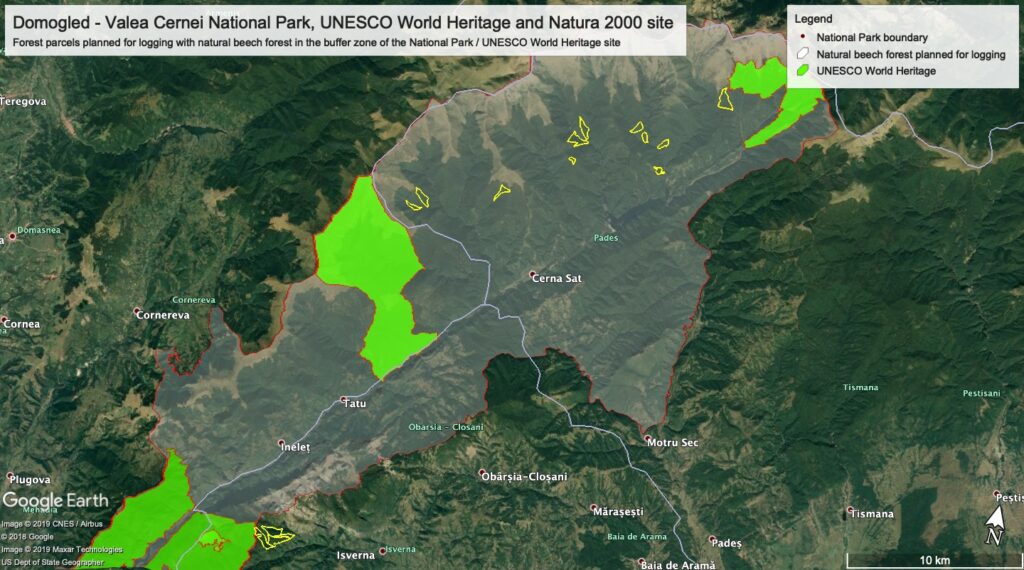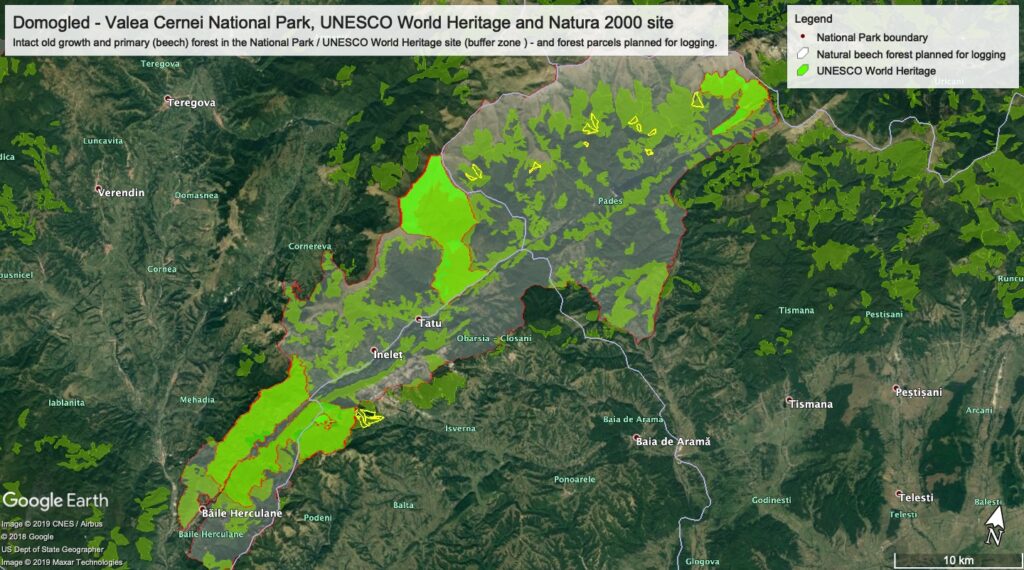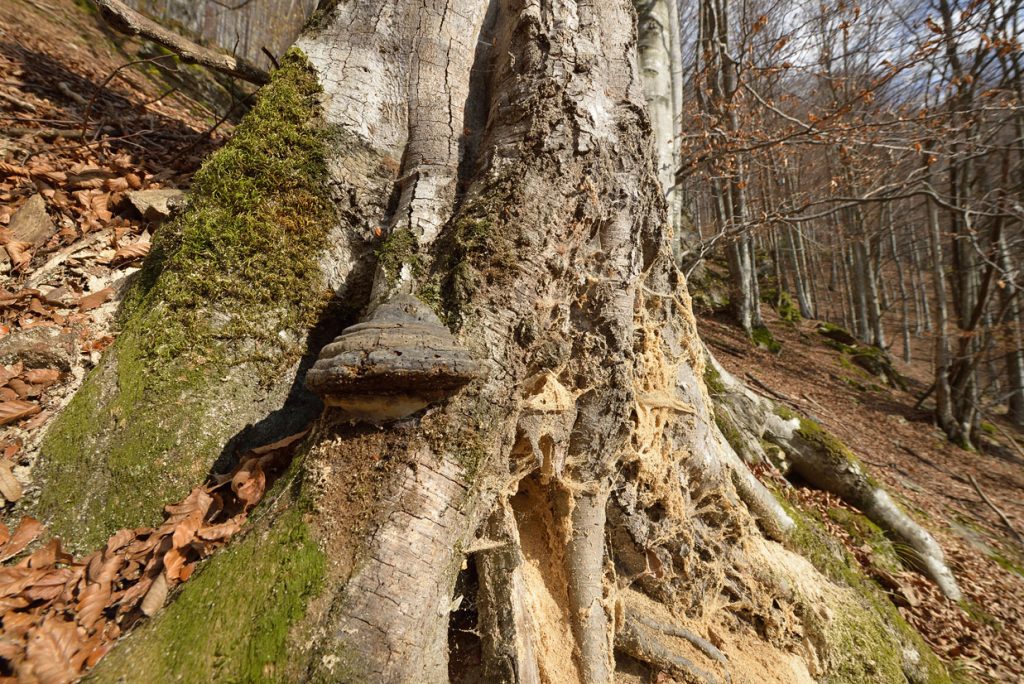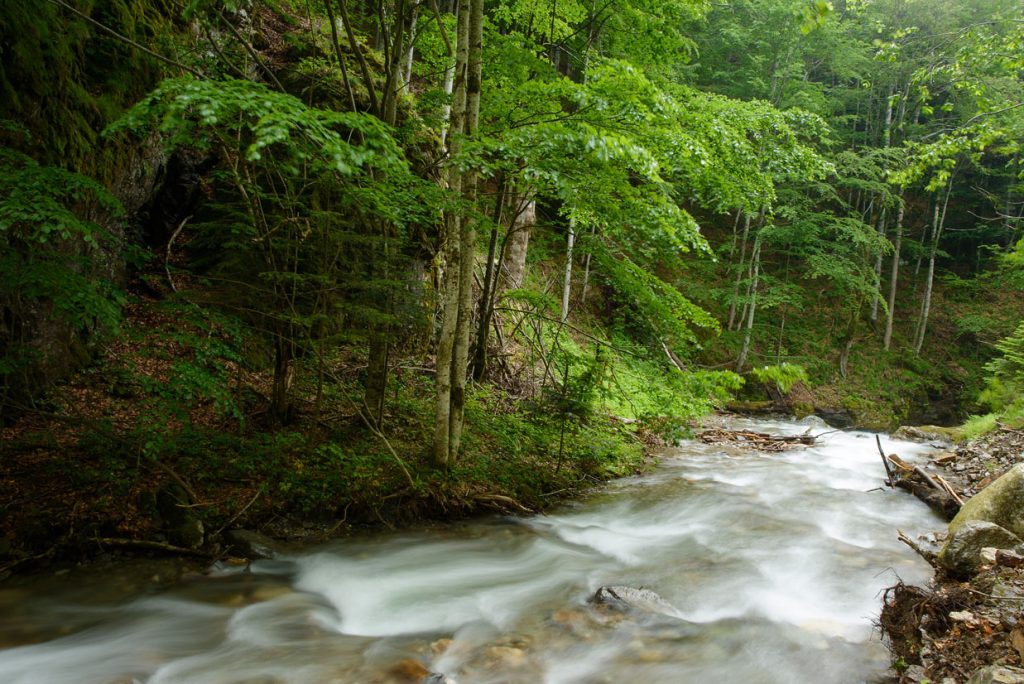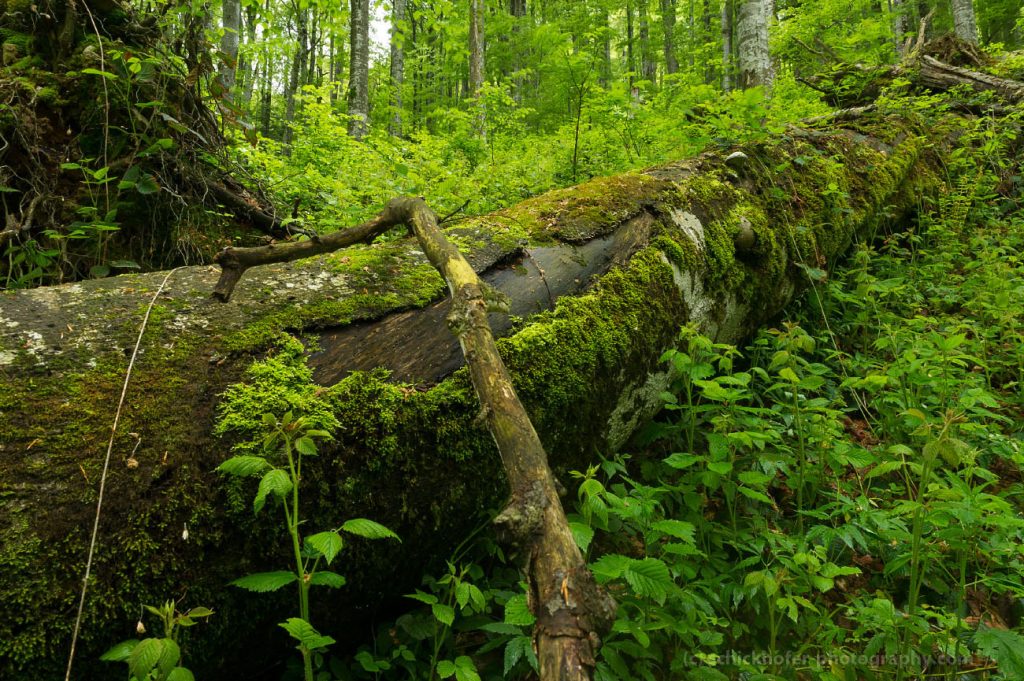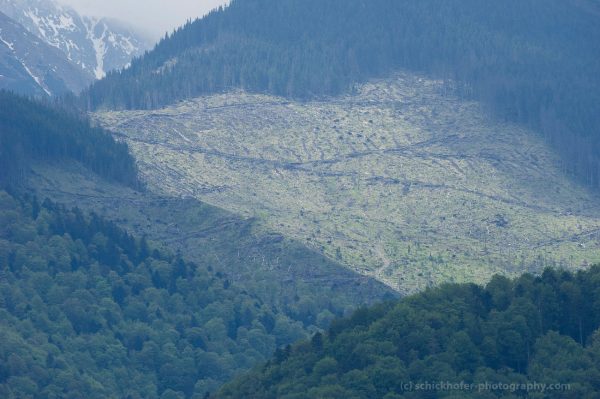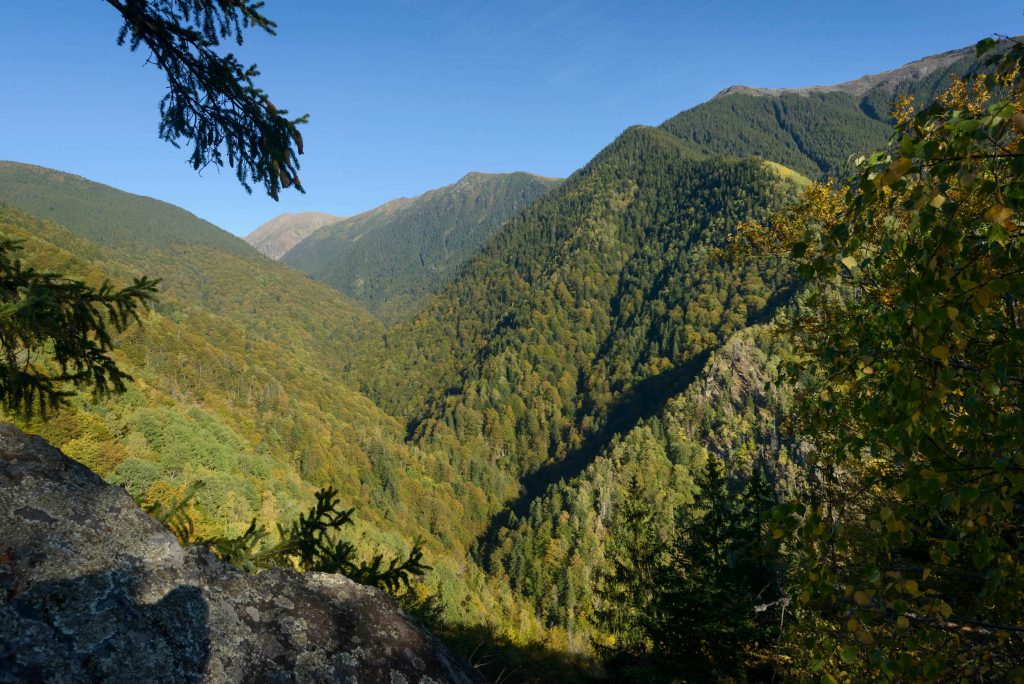The European Commission has announced today its decision to pursue legal action against Romanian authorities over their systemic and continuous failure to protect Europe’s last natural forests.
The announcement follows complaints submitted last year to the European Commission by environmental groups Agent Green, ClientEarth and EuroNatur against Romania’s ongoing and deliberate destruction of tens of thousands of hectares of its protected old-growth and primeval forests.
The groups claimed that Romania’s state forestry management is conducting logging operations within protected Natura 2000 areas without proper analysis of the impact in these unique sites. Failure to carry adequate and strategic environmental assessments when approving logging in protected areas and lack of access to environmental information breaches EU law.
The environmental groups therefore welcome the launch of the Commission’s infringement proceedings against Romania as a new hope to protect the country’s natural forests.
ClientEarth lawyer Ewelina Tylec-Bakalarz said: “The destruction of Romanian forests is a huge systemic problem far exceeding in scale the illegal logging of Poland’s Bialowieza forest, which was the basis of our legal challenge three years ago.”
“The Romanian government has repeatedly failed to fulfil its obligations to protect its forests under European environmental law. By opening infringement proceedings against Romania, the European Commission is sending a clear signal that it takes this problem very seriously. This is an important warning that Romania must stop blatantly disregarding its legal obligation to protect these unique forests”.
Gabriel Schwaderer, CEO of the German EuroNatur Foundation added: “Romania is still home to more than half a million hectares of primary and old-growth forests, although enormous areas have been logged since 2007 when the country joined the EU. Natura 2000 sites are hot spots of logging. EU legislation has been widely ignored. Thus, the Commission intervention comes last minute and we urge to speed up the process as it is the only real chance to save a very large share of Europe’s last great natural forests. They are home to many important and threatened animal and plant species and they store enormous amounts of CO2”.
Gabriel Paun of Agent Green warned: “Imagine for example a single clear cut on a surface of 3700 hectares in Maramures Natura 2000 site, the region where Liviu Pop, a local forest ranger has been killed recently. The place looks like a battlefield and is larger than the entire city of Brussels. We have documented 10 000 hectares of logging in this protected area including in priority habitats made of ash and alder trees. These woods were home for bears, wolves, lynx and many wonderful wild creatures. Economically, at least 5 million m3 of wood in value of at least a quarter of a billion euros are missing just from the clear cuts we documented in this site. But the same happens in Fagaras, the Carpathian most beloved mountains and other Natura 2000 sites. These actions happen in both, state and privately owned forests. The situation is completely out of control”.
Agent Green, ClientEarth and EuroNatur welcome the action taken by the European Commission and call on the Romanian Government to:
- Immediately start complying with Nature Directives.
- Strictly preserve all remaining primary and old-growth forests as indicated in PRIMOFARO inventory that overlaps with Natura 2000 network.
- Protect primary and old-growth forests located outside Natura 2000 sites.
Publish logging plans and forest age data of all forest management plans of Natura 2000 sites.
As part of the infringement proceedings launched today against Romania for illegal logging within its Natura 2000 sites, the Commission is also taking legal action for Romania’s failure to properly implement the EU Timber Regulation (EUTR) by allowing illegally harvested timber to enter the EU market.
The Romanian government has now just one month to send a detailed reply to the concerns raised by the European Commission. The Commission will then decide whether to take further steps towards bringing the case before the Court of Justice of the European Union – the EU’s highest court.
Background information:
Romania still has more than 525 000 hectares of potential old-growth and primary forests, which is more than any other EU Member State (outside Scandinavia).
The PRIMOFARO inventory (Primary and Old Growth Forest Areas of Romania), an analysis by EuroNatur and Agent Green, reveals that forest destruction moves ahead quickly.
Despite efforts by Romanian civil society groups to stop illegal logging, the situation in Romania has continued to spiral out of control. The official national forest inventory shows that on top of 18 million m3 of legally harvested wood, another 8.8 million m3 of forest were extracted annually between 2009 and 2013 and increased to 20.6 million m3 annually between 2014 and 2018.
